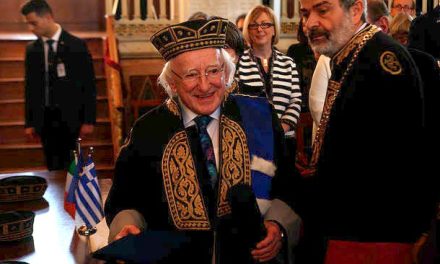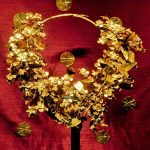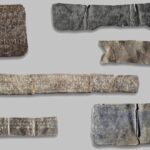This year marks the bicentenary from the date in 1816 when the British Parliament voted to purchase from Lord Elgin his collection of sculpted Greek marbles removed in the 1800s from the Parthenon and elsewhere on the Athenian Acropolis and a commemorative event about this “black anniversary” was jointly organized last week at the Senate House of the University of London by the International Organizing Committee – Australia – For The Restitution Of The Parthenon Marblesand the British Committee for the Reunification of the Parthenon Marbles.
In an opinion piece “Britain has kept the ‘Elgin Marbles’ for 200 years – now it’s time to pass them on” in conjunction with this bicentenary event, Constantine Sandis, Professor of Philosophy at the University of Hertfordshire and member of the British Committee for the Reunification of the Parthenon Marbles, argues that the time has now come for Britain to pass on the issue of ‘ownership’ of the Parthenon Marbles and think for a collaboration with Greece that will reunite the sculptures near the monument where they belong.
As he points out, it is irrational to ask the question “who owns antiquity?” and there is no other example of a piece of art as crudely dismembered as the Parthenon, with even the heads and bodies of individual sculptures located in different countries. In 2009 the country opened the New Acropolis Museum, which has been specifically designed to display all of the sculptures, and currently displays plaster casts of the London marbles next to the original Athenian ones. If the missing sculptures and fragments, currently placed in the British Museum, were to be reunited with those in the New Acropolis Museum, visitors could study them as one entire whole, with a direct view of the monument to which they belong.
 A recent British Museum press statement has also claimed that the Parthenon sculptures are “a part of the world’s shared heritage and transcend political boundaries”, while Greece’s Minister of Culture, Aristides Baltas, said that “we do not regard the Parthenon as exclusively Greek but rather as a heritage of humanity”.
A recent British Museum press statement has also claimed that the Parthenon sculptures are “a part of the world’s shared heritage and transcend political boundaries”, while Greece’s Minister of Culture, Aristides Baltas, said that “we do not regard the Parthenon as exclusively Greek but rather as a heritage of humanity”.
In this spirit, according to Professor Sandis, this bicentenary provides the perfect opportunity for Greece and Britain to collaborate instead of bicker over ownership. It is high time that ownership of the past became a thing of the past and we began to think in terms of joint custody instead. The time is, thus, right for all surviving sculptures to be reunited under a single roof and be displayed in a joint Greek and British international museum.
Watch video: Aljazeera Inside Story Who Owns Ancient Artifacts
TAGS: ARCHEOLOGY | FESTIVALS | HERITAGE | HISTORY | MEDIA














